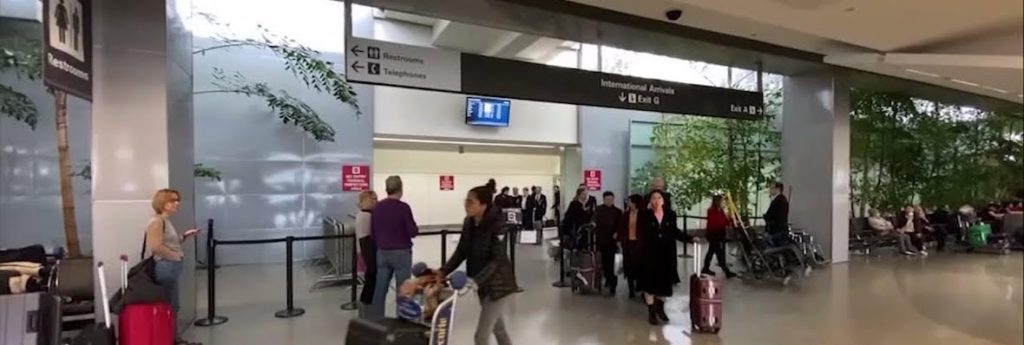Airlines on both sides of the border have been slashing flights, waiving change fees and dropping prices in the face of the spreading coronavirus. The cut rates have not stemmed the reduced demand, nor has the fact that airlines have stepped-up cleaning of airplane cabins to make passengers feel more comfortable about flying. With revenues drastically compromised some airlines are taking initiatives to reduce expenditures and some are appealing for government assistance to mitigate losses.
The International Air Transport Association (IATA), representing 290 airlines around the world including Air Canada and WestJet, reports that passenger demand has fallen by double-digit percentages and traffic on some routes “has collapsed.”
IATA now anticipates a global passenger revenue loss of up to US$113 ($155) billion for 2020.
The Canadian government is considering measures to offset the dent to airline earnings, said Economic Development Minister Melanie Joly, who met with the CEOs of Air Canada and WestJet Airlines (Calin Rovinescu and Ed Sims) on Monday, “to understand a little more about the impact of what is happening now.”
The outbreak is taking a toll on Air Canada, whose shares have fallen 40 percent since Jan. 20.
Last week, Air Canada announced it would waive rebooking fees in light of concerns about the coronavirus, allowing a one-time change for tickets purchased between March 4 and March 31 for travel within 12 months.
It also applies to Aeroplan flight reward bookings and Air Canada Vacations is implementing flexible booking policies.
WestJet Airlines says a one-time change fee waiver within two weeks of travel will apply to new bookings made between March 3 and March 17 for travel through June 24.
Passengers on both airlines are required to pay any fare difference.
The move falls short of those by United Airlines, Delta Air Lines and American Airlines this week, which are allowing passengers to rebook tickets to any destination through April 30 without paying fees.
US airline officials say they can manage their way through the outbreak. They say their companies are stronger, more profitable and carrying less debt than in the past. Mergers have left fewer competitors.
Delta Air Lines said Tuesday that travel demand has fallen so badly in the past week that it expects one-third of seats to be empty this month on flights within the United States, which was insulated from virus fallout for a time.
The airline is cutting spending, putting a freeze on hiring, offering voluntary unpaid leave, delaying voluntary pension contributions and suspending share buybacks.
United Airlines expects to lose money in the first quarter for the first time in six years. President Scott Kirby and CEO Oscar Munoz will waive their base salaries through June.
Southwest Airlines CEO Gary Kelly will take a 10% pay cut. Kelly says the outbreak might be worse for airlines than the terror attacks of 2001. An industry trade group believes it will be more damaging.
American Airlines announced it will cut international flying by 10% this summer and reduce US flying by 7.5% in April. It has delayed training of new pilots and flight attendants. CEO Doug Parker said the largest decline has been in tickets within seven days of departure, which he said was entirely due to corporations restricting travel by employees. Lower oil prices will help as American expects to spend $3 billion less on fuel.
Discount carrier Norwegian Air said Tuesday it would cut 15% of its flights through mid-June and lay off a “significant share” of its workers. It called the unspecified number of job cuts temporary.
Air France-KLM said it has cancelled 3,600 flights this month.
Germany’s Lufthansa will cut up to half its flights after a “drastic” drop in bookings, and Finland’s national carrier, Finnair, will furlough workers for up to a month and cancel 1,400 flights.

